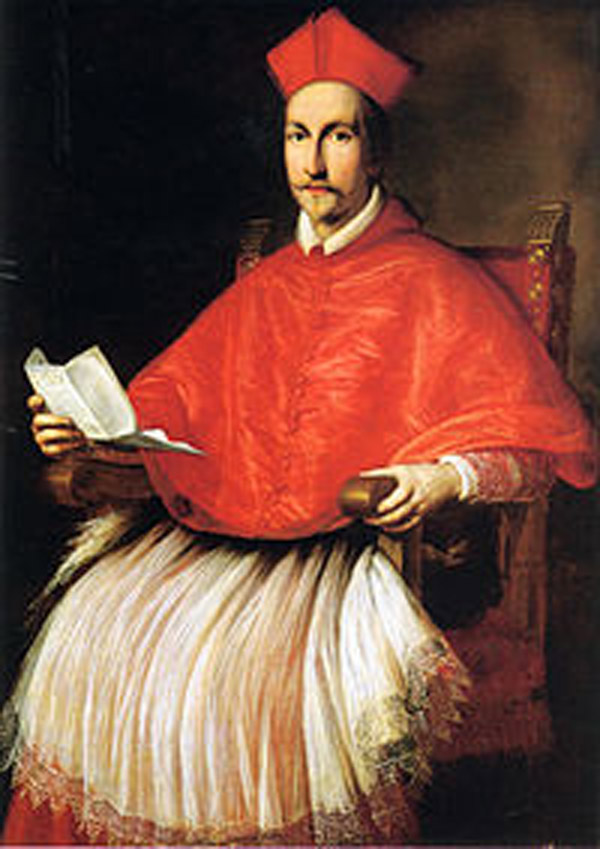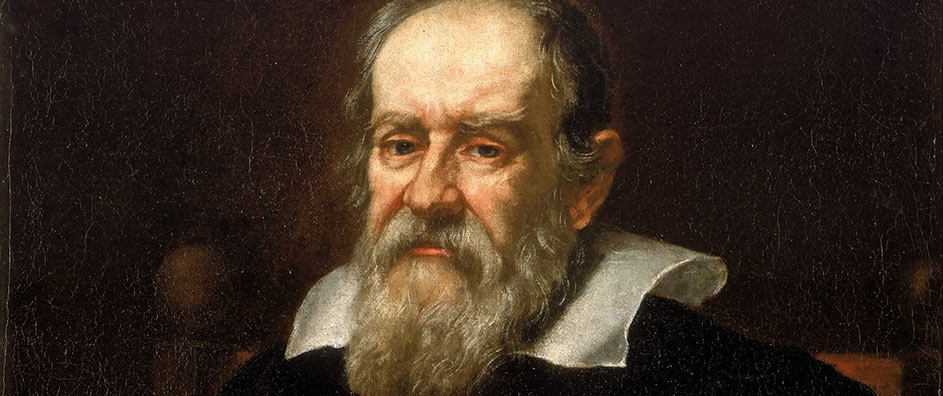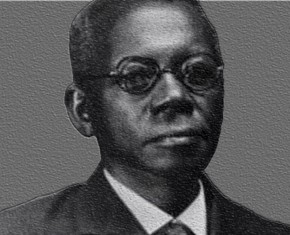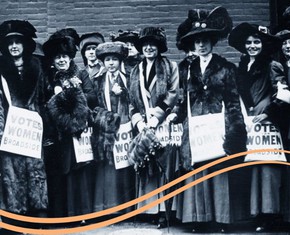The views expressed in our content reflect individual perspectives and do not represent the authoritative views of the Baha'i Faith.
The great Galileo, at the age of fourscore, groaned away his days in the dungeons of the Inquisition, because he had demonstrated by irrefragable proofs the motion of the earth. – Voltaire, Descartes and Newton, (1728)
To say that Galileo was tortured is not a reckless claim, but is simply to repeat what the sentence says. – Italo Mereu, History of Intolerance in Europe (1979)
Did the church throw the great astronomer Galileo Galilei into a dungeon and torture him for his scientific views? Most people believe that’s how it happened—but it’s not true.
Dr. Maurice Finocchiaro, distinguished professor of Philosophy Emeritus at the University of Nevada, Las Vegas, looked carefully at Voltaire’s allegation that Galileo “groaned away his days in the dungeons of the Inquisition.” He found it to be without foundation, though he did confirm that the Church took exception to Galileo’s promotion of Nikolaj Kopernik’s theory that the earth moved. Conservative philosophers saw this as a contradiction of scripture. Galileo was arrested, tried and sentenced by the Inquisition, and spent the last nine years of his life under house arrest in his villa outside of Florence.
The recorded facts: Galileo, who was chief mathematician and philosopher at the court of the Grand Duke of Tuscany, found evidence through his use of the telescope that he felt confirmed Kopernik’s theories. In response to criticism, he wrote several private letters explaining his position. The content of the letters became common knowledge among Galileo’s conservative opponents, prompting outrage and, in 1615, the first official complaint against him was filed with the Inquisition by a Dominican friar. Later that year, Galileo went to Rome voluntarily to defend Copernican theory. He may have won the intellectual arguments, but lost the theological battles—battles he wasn’t trying to wage.
Early the following year, Cardinal Bellarmine (who, ironically, has educational institutions named after him) wrote a warning to Galileo on behalf of the Inquisition forbidding him to publicly support Kopernik’s “heretical” ideas. Galileo agreed to this. Immediately after, the Church declared the theory that the Earth moved a false contradiction of scripture. Kopernik’s book was banned until revised.

In 1623, Cardinal Barberini was elected Pope Urban VIII. As he was an admirer of Galileo, the mathematician felt a bit freer with his knowledge and wrote an unusual book exploring Copernican theory. Wary of breaking Bellarmine’s injunction, Galileo avoided espousing one view over another and crafted a dialogue between three different points of view (titled, appropriately, Dialogue). It addressed physical and astronomical issues without touching on theological ones.
Galileo’s enemies protested that the book violated Bellarmine’s edict and charged that Galileo had broken a decree that forbade him to mention the earth’s movement in any way. He was summoned to Rome for a trial that began in April 1633 and in which he denied that he had ever received an injunction not to discuss the Earth’s movement. Bellarmine had only forbidden him to hold or defend the idea that the Earth moved and Dialogue had not done that—it had only presented divergent views without espousing a particular one.
In the end, Galileo was found guilty of an intermediate level of heresy officially called “vehement suspicion of heresy.” The proscribed offenses were the astronomical theory that the Earth moved and the methodological principle that the Bible was not an authority in the area of natural philosophy (science). In penance, Galileo was forced to recite an abjuration or retraction of his theories. His book was banned.
At the time, the only documents released were the Inquisition’s sentence and Galileo’s abjuration. These were circulated widely in books, newspapers and circulars by order of Pope Urban VIII, who wanted to make sure all Catholics understood the consequences of heretical beliefs, even (or especially) when held by such a respected man as Galileo.
Despite the historical record, the mistaken idea that the term “rigorous examination” meant physical torture, and that Galileo was remanded to a prison cell stood for over a century, because the Church did not release the text of the interrogation or the sentence exacted. About 150 years later, the Church released documentation about Galileo’s imprisonment; 250 years later, new documents came to light that indicated he had suffered neither imprisonment nor torture.
According to correspondence between the Tuscan ambassador to Rome, the secretary of state and Galileo himself, the mathematician/philosopher was incarcerated in the home of the ambassador and his wife before and after his trial. During it, he and his servant lodged in the apartments of the prosecutor, though his meals were sent over from the Tuscan embassy. The record accounts for all of Galileo’s time at court except for three days in June of 1633. While he might have spent those three days in a dungeon, there is no rational reason to suspect that he did not return to the prosecutor’s rooms.
The transcript of his interrogation only speaks of torture in vague terms. After Galileo assures the Inquisition that he did not espouse Copernican theory after its 1616 rejection of same, the record reads: “And he was told to tell the truth, otherwise one would have recourse to torture.” This is what other documents refer to when they note that Galileo was questioned “under threat of torture.” Galileo answered: “I am here to obey, but I have not held to this opinion after the determination was made, as I said.” At which point the transcript notes: “And since nothing else could be done for the execution of the decision, after he signed he was sent to his place.”
Personally, I suspect there was a great deal of winking and nodding going on. It’s hard to believe that Galileo really rejected Copernican astronomy, or that anyone in the Inquisition believed he had.
In Galileo Goes to Jail, Dr. Finocchiaro dissects the historical timeline and the existing records to see if there is a period during which Galileo might have been tortured. He concludes that there is only one day on which that could have occurred, but it would have left the old man unable to attend his sentencing or give his abjuration. He also notes that if Galileo were tortured there would be a detailed record of both the torture (literally a blow by blow account) and its ratification, as required by Inquisition rules. No such records exist. Inquisitorial rules also precluded the torture of the elderly, and Galileo was at this time in his sixties. He was also, as noted, a very respected man and a functionary in the court of the Tuscan Grand Duke; he had many friends in high places.
I think the trial records speak for themselves, as do the charges: his offenses did not require him to groan away his days in the dungeon of the Inquisition. Learning that new information, rather than accepting the myths, can help free us from the ingrained prejudices of the standard science vs. religion argument:
The failure of human beings to independently investigate the truth is the foremost among those ills that currently ravage society. For without such an impartial investigation, it is impossible for civilization to progress beyond the prejudices and passions that contribute to the disintegration of the social order. – Paul Lample, The Proofs of Baha’u’llah’s Mission (“Independent Investigation of Truth”)
Next: Did Christianity Give Birth to Modern Science?
You May Also Like
Comments

















"The failure of human beings to independently investigate the truth is the foremost among those ills that currently ravage society. For without such an impartial investigation, it is impossible for civilization to progress beyond the prejudices and passions that contribute to the disintegration of the social order." – Abdu’l-Baha, Promulgation of Universal Peace, p. 313
Indeed, the way the name Galileo has become synonymous with the idea that religion and science are in conflict is precisely why I wrote this essay and the others in the series. Your reference to politics is very apt. Galileo and the pagan mathematician, Hypatia, are both invoked to insist that conflict ...with science is religious conflict when, ultimately, it is political conflict.
I cannot find the quotation "The failure of human beings to independently investigate the truth is the foremost among those ills that currently ravage society. For without such an impartial investigation, it is impossible for civilization to progress beyond the prejudices and passions that contribute to the disintegration of the social order. – Abdu’l-Baha, Promulgation of Universal Peace, p. 313." anywhere (and NOT in Promulgation of Universal Peace). Could you provide details of the source or more of the context. Thanks
But I did finally find it and it is misattributed. It is part of an editor's introduction to the first chapter of "Proofs of Bahaullah's Mission" and is not a quote from Abdu'l-Bahá.
My bad, I think. I have the misattribution in my original notes for ...the essay. I'll let David know he should change that. So sorry!
Where does the quotation: "The failure of human beings to independently investigate the truth is the foremost among those ills that currently ravage society. For without such an impartial investigation, it is impossible for civilization to progress beyond the prejudices and passions that contribute to the disintegration of the social order. – Abdu’l-Baha, Promulgation of Universal Peace, p. 313." come from? I could not find it in that book...
Thanks